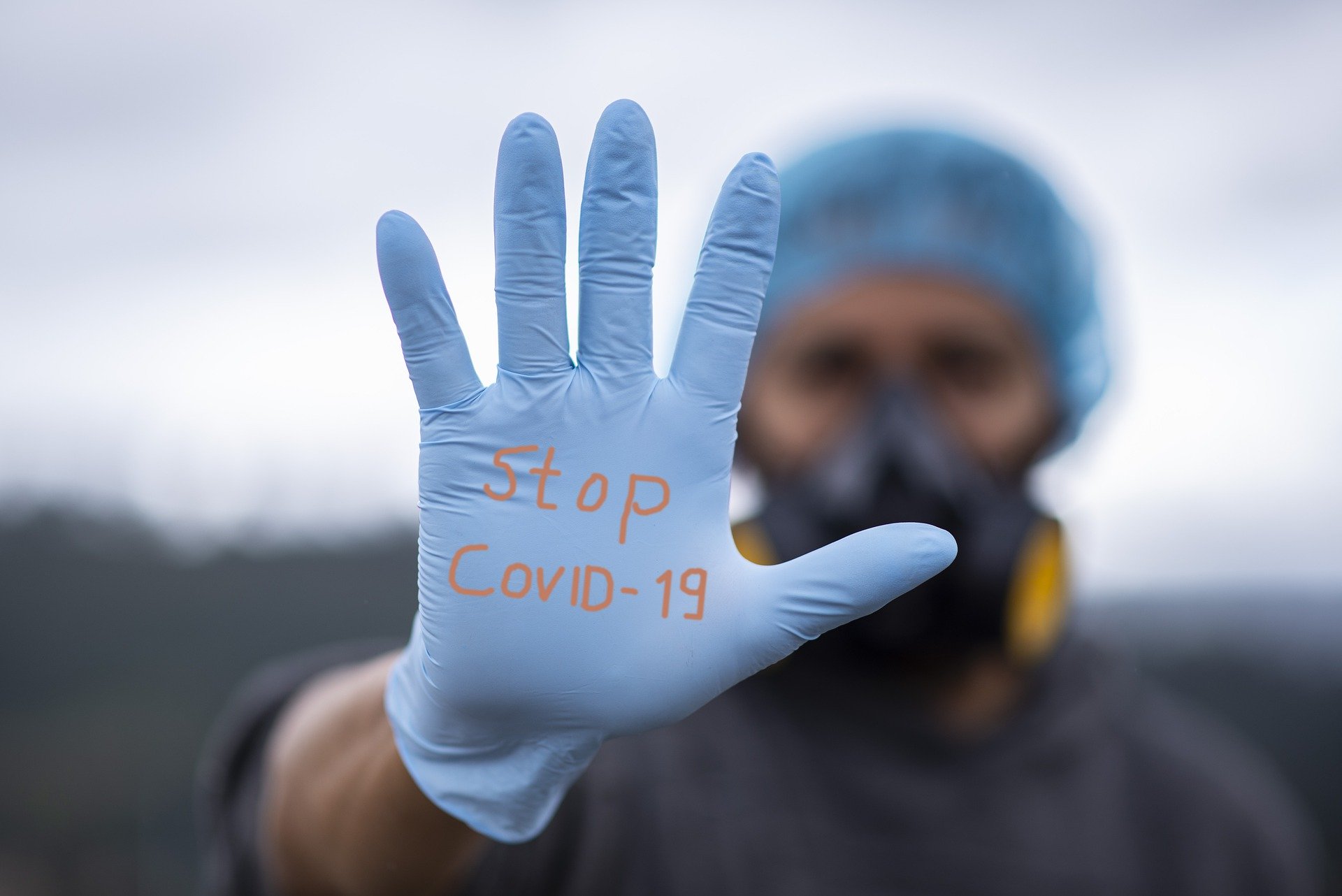“Persisting Mild COVID-19 Symptoms Highlight Ongoing Risk of Long COVID: Urgent Measures Advised”
People infected with COVID-19 are still reporting mild symptoms of the virus even when the cases have declined, this shows that the possibility of long COVID is still high. Some studies have shown that even a mild SARS-CoV-2 infection can lead to long COVID, while the experts have warned against declining mild symptoms and urged people to take necessary measures.
What is long-COVID?
For the ones who are unaware of the term long-covid, they need to understand that long COVID occurs in people who have been infected with COVID-19 and continue to experience the persistent symptoms long even after their recovery. So far various long-term symptoms of COVID-19 have come forward according to some studies. However, scientists are still working towards identifying new and unusual symptoms related to the condition in order to understand the targeted treatments.
“Exploring Prolonged Residual Symptoms in COVID-19 Patients: Insights from a Recent Journal of Infection Study”
Study A recent study published in the Journal of Infection attempted to identify COVID-19 “residual symptoms” that could last for several months after infection. The study included 465 symptomatic COVID patients (54 percent men, 51 percent hospitalised) over the age of 18.
“COVID-19 Residual Symptoms Persistence: Findings from Verona University Hospital Study”
The participants tested positive for COVID-19 at Verona University Hospital in Italy between February 29 and May 2, 2020. The researchers discovered that 37% of the participants had at least four symptoms, and 42% had symptoms that lasted more than 28 days. Furthermore, 20% of the patients were still asymptomatic at month nine, despite having two classic COVID symptoms.
Fatigue and Shortness of breath
Tiredness and shortness of breath Several studies have found that COVID can cause long-term fatigue. According to a study published in the journal Open Forum Infectious Diseases, 46% of patients report fatigue weeks or months after recovery. According to the same review, 13–33 percent of people 16–20 weeks after symptom onset reported persistent fatigue in the majority of COVID-19 cohort studies.
“Prolonged Breathlessness Emerges as Significant Long-Term Symptom of COVID-19: Journal of Infection Study Reveals”
A recent study published in the Journal of Infection discovered that, in addition to fatigue, breathlessness was a common long-term symptom in about 20% of the participants, persisting 9 months after recovery. Previous research has also linked long-term breathlessness to heart damage.
Psychological Distress
Furthermore, while 18% of patients did not return to pre-Covid physical health, 19% reported psychological distress during the ninth month, according to the study.
“Predictors of Long-Term Health Impact: Hospitalization, Symptom Persistence, Gender, and Psychological Distress in COVID-19 Patients”
Hospitalized patients and symptom persistence at day 28 and month nine were found to be independent predictors of suboptimal physical health, whereas female gender and symptom persistence at day 28 and month nine were found to be predictors of psychological distress.











